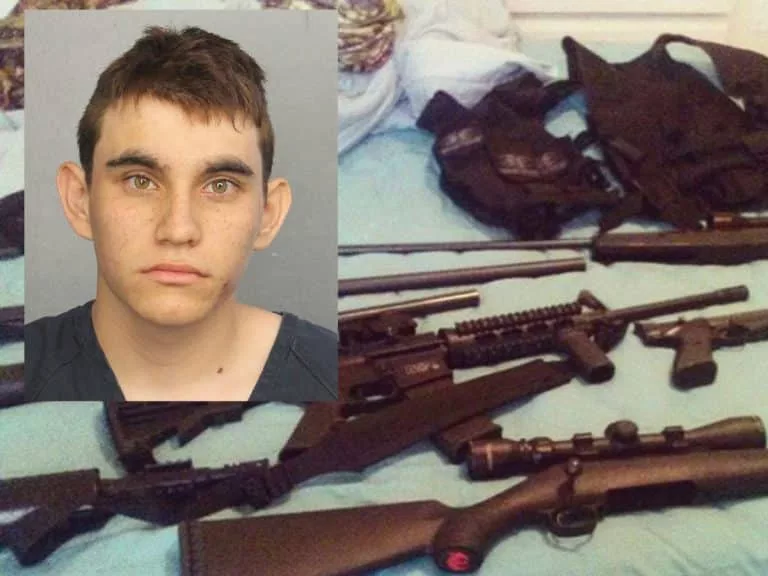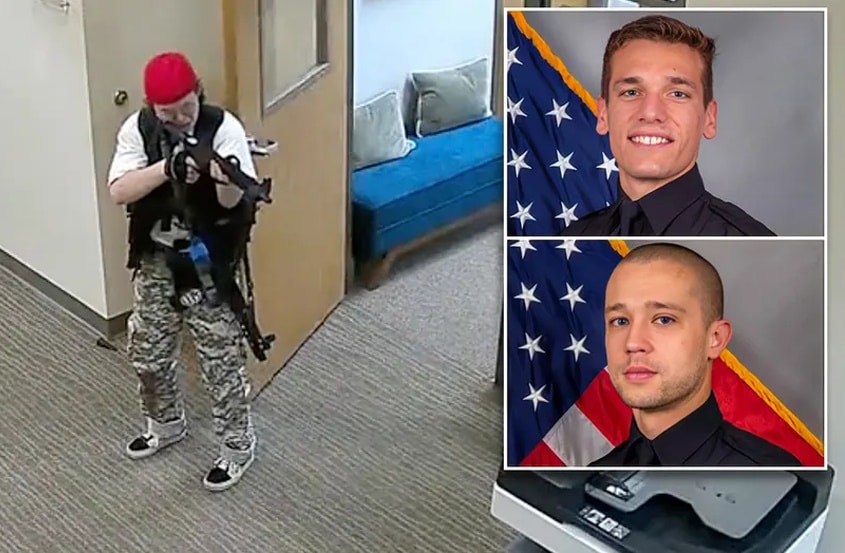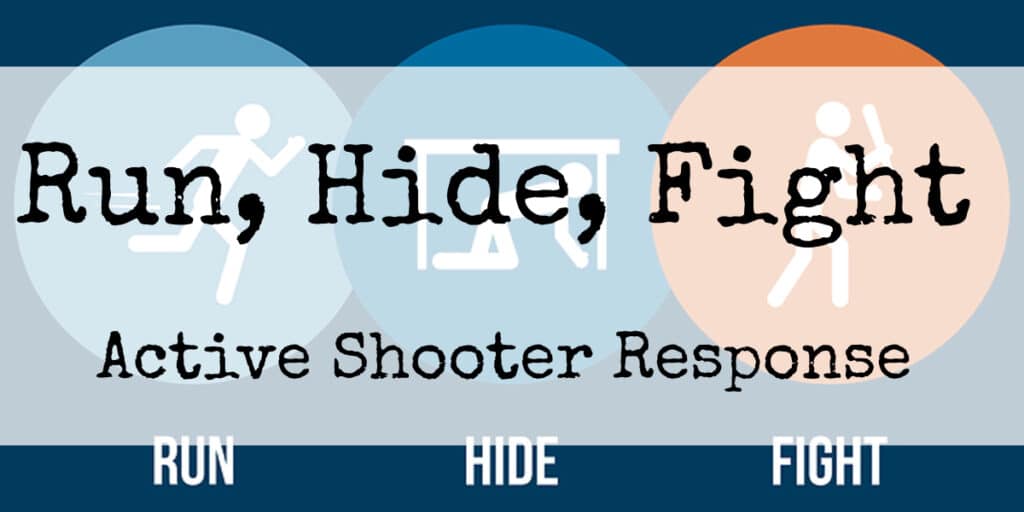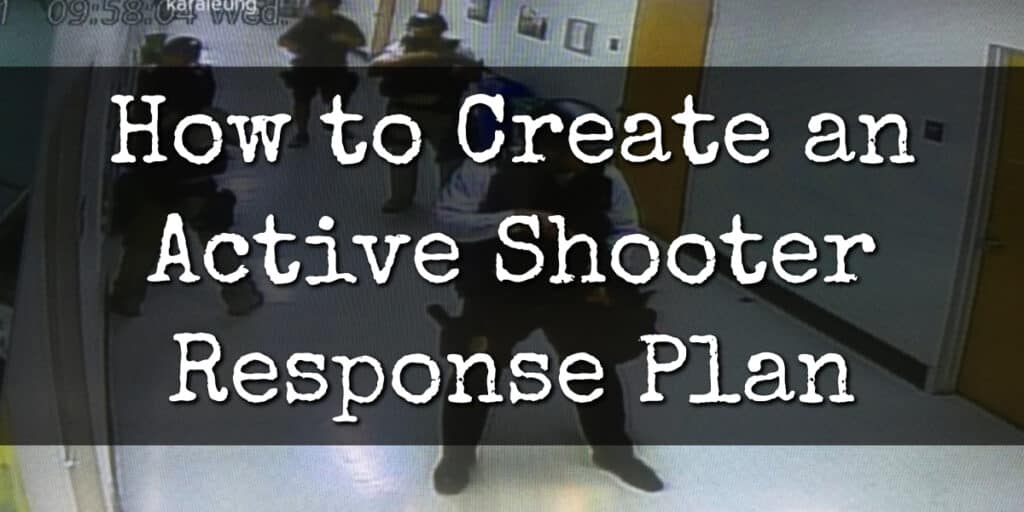WASHINGTON (Sinclair Broadcast Group) — The Federal Bureau of
Investigation admitted Friday that it received a tip
about Florida school shooting suspect Nikolas Cruz in January and failed to follow
up, prompting questions about what the FBI does with leads it receives from the
public and whether a devastating tragedy could have been averted.
Someone close to Cruz called the FBI on January 5 to alert them that he was
violent, armed, and might conduct a school shooting. Just over a month later,
authorities say he walked into the Parkland, Florida high school that had expelled him and did exactly that, killing 17 people.
The FBI confirmed that protocols were not followed and the Miami field office
was never notified.
“It is now clear that the warning signs were there and tips to the FBI were missed,”
Attorney General Jeff Sessions said in a statement. “We see the tragic
consequences of those failures.” Sessions has ordered the deputy attorney general
to review the bureau’s handling of the tip.
Sen. Marco Rubio, R-Fla., is seeking a Senate investigation of the FBI’s inaction,
and Florida Gov. Rick Scott said in a statement that an admission of error and an
apology is not enough.
“We constantly promote ‘see something, say something,’ and a courageous person
did just that to the FBI. And the FBI failed to act. ‘See something, say something’
is an incredibly important tool and people must have confidence in the follow
through from law enforcement. The FBI Director needs to resign,” Scott said.
Former FBI agents say it is too soon to cast blame for this tragic error, but the
public needs assurance that if they see something and say something, the FBI will
do something.
“The people calling in, they did exactly what we tell them to do,” said former FBI
special agent and spokesman John Iannarelli, warning that the FBI cannot afford to discourage future tips.
“I think that’s what the bureau recognized today looking at it…,” said James
Wedick who spent 35 years with the FBI and headed an anti-corruption unit in
California. “If you’re going to put out a hotline, make sure you have the capability
to review what is on the hotline.”
Given the prevalence of school shootings today and the amount of concern they
raise among the general public, Wedick said this is the kind of tip that should be
handled thoroughly and expeditiously, like terrorism and civil rights cases in past
decades.
“You get a remark that somebody’s claiming he wants to be a professional shooter,
that’s something that you need to work to the Nth degree to figure out if you can
identify this person,” he said.
In retrospect, the January 5 call was eerily prescient. According to the FBI, the
person reported that Cruz owned a gun, wanted to kill people, made disturbing
social media posts, and could attack a school. As a potential threat to life, it should
have been investigated by local FBI agents in Florida. It was not.
“We have spoken with victims and families, and deeply regret the additional pain
this causes all those affected by this horrific tragedy,” FBI Director Christopher
Wray said in a statement. “All of the men and women of the FBI are dedicated to
keeping the American people safe, and are relentlessly committed to improving all
that we do and how we do it.”
Thomas Veivia, a former FBI special agent who investigated the Sandy Hook
school shooting in 2012, expects an in-depth internal investigation of how and why
this tip fell through the cracks is already underway.
“Once the investigation is completed and the cause determined, corrective action
will be taken,” Veivia said. “This could be the result of a technological system
failure or human error. The fact that the statement was released would indicate that
the investigation has error. The fact that the statement was released would indicate
that the investigation has already started.”
The tip came in on the FBI’s general call line, where call takers are supposed to
record information, run basic database searches, and pass that all on to agents in
the relevant field office for investigation. According to the Washington Post that
handoff never happened, and it is not yet clear why.
The call center receives thousands of tips a day, which former agents say is not an
excuse for failing to follow up but is important to take into account.
“These leads are received every single day in various different matters,” Iannarelli
said.
CNN obtained video from a neighbor who said Cruz is caught on camera doing
target practice in a back yard of a home last year.
The bureau is empowered to conduct limited inquiries upon receiving a tip. If they
find enough evidence to open an assessment, that enables them to use more
investigative tools for a short period of time, after which they have to decide
whether to pursue an official investigation.
“We’re soliciting this info from the public,” Wedick said. “If the public starts to
think they’re giving us info that we’re not doing anything with…we can’t have
that.”
Even before Friday’s revelation, the FBI was facing intense scrutiny for its
response to another tip that may have been related to Cruz.
Last September, a Mississippi bail bondsman contacted the FBI to report a
troubling comment posted below one of his YouTube videos.
“Im going to be a professional school shooter,” said the comment by a user
identified only as “Nikolas Cruz.” Two agents were dispatched to interview the
tipster, but lacking additional information about the user’s identity or location, they
were unable to investigate further.
“Everything could have been done right,” Iannarelli said. “It may not have made a
difference anyway.”
Investigators have not revealed exactly what steps agents took to pursue the
YouTube comment, only that they were unsuccessful in identifying him at the time
and still have not confirmed that “Nikolas Cruz” is the shooting suspect. Wedick
said they should have been able to subpoena YouTube for the IP address of the
computer it was posted from and proceed from there.
“They have the ability to identify an IP address…,” he said. “Let’s face it, it was
sufficient that the bureau sent out two agents the following day. As long as they’ve
made that assessment, then they should have done everything they could have to
follow up on it.”
Whether the September warning should have sparked more significant action or
not, it would have likely put the name “Nikolas Cruz” in the FBI’s databases. If a
proper search would have likely put the name “Nikolas Cruz” in the FBI’s
databases. If a proper search was done after the January tip, that connection might
have been flagged.
If protocols had been followed in January, investigators would also have seen some
of the social media posts local authorities have called “very disturbing” and
reviewed reports on the dozens of times police were called to Cruz’s home over the
last seven years due to complaints about him or his brother.
“If you had put clues into the database, he might be the first individual to pop up,”
Wedick said.
He might not be, though. Even with the “Nikolas” spelling, Iannaerelli observed
that the name is not uncommon and agents might not have easily narrowed it
down. If they did, they would have gone to his home and spoken to him, but
nothing made public about the case so far suggests they would have had grounds to
detain or charge him.
“Would it have deterred him? I don’t know,” he said. Iannarelli emphasized that
the FBI investigates a lot of suspicious activity by people with extensive criminal
records and there is not always action it can take. “While this was a red flag,” he
said, “there’s a lot of red flags out there on a lot of people.”
Veivia pointed to the case of Elliot Rodger, who killed six people and injured 14
others in California in 2014. Rodger’s parents reported him to police three weeks
before the attack over his violent behavior and disturbing YouTube videos, but he
had not done anything illegal at that point and they could not hold him.
Similarly, if properly alerted, the Miami field office might have engaged with local
police and school officials and tried to intervene, but there is no guarantee they
could have stopped Cruz.
“Given the fact that it appears as though the weapons were purchased legally and
no other crime committed up to that point, it is difficult to speculate on what the
success may have been,” Veivia said. “However,” he added, “common sense
knows that not having that information gives them no chance of intervening.”
There are countless examples of cases where the FBI has been able to identify an
internet commenter who makes a threat against a school or a public event and
pursue an investigation against them. In most, though, they have a location or a
more specific threat to build upon.
The FBI is acutely aware of the growing problem of online threats. In a public
service announcement released three days before the Nikolas Cruz YouTube
comment was posted, a man who threatened a mass shooting at the University of
Chicago described how badly his actions derailed his life.
“I search my name on the web almost every day and look at the stuff. It’s not going
away. Think before you post,” said Jabari Dean, who vowed to kill 16 white males
on campus in an online comment while venting his outrage over the shooting of
black teen Laquan McDonald by Chicago police.
Schools around the country are already receiving new threats in the wake of the
Florida shooting, and arrests have been made in some of those cases. One South
Carolina teen was arrested after promising “Round 2 of Florida” in a Snapchat
post. Teens in several other states are accused of making similar threats on
Snapchat.
Nobody can say for sure whether Cruz could also have been stopped. For now,
though, the Parkland community and the country are left with many more
questions than answers about the FBI’s response to the warnings it received about
him.
“The American public, they deserve more,” Iannarelli said. “Certainly, whatever it
was need to be addressed and fixed.”



